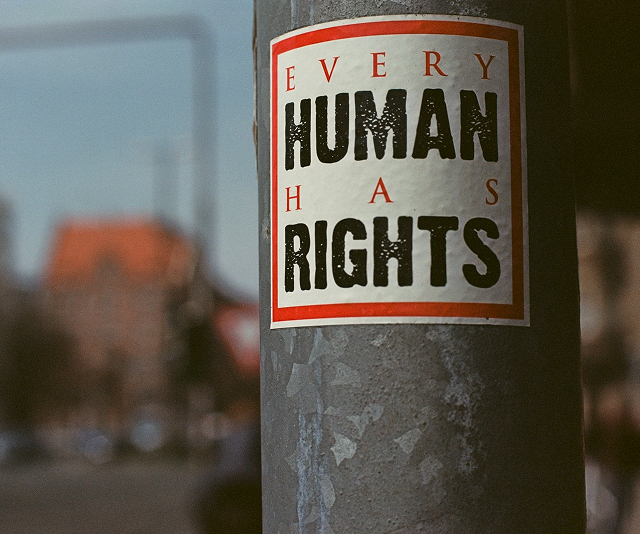
At the heart of Soul & Law is the search for ways to connect law with human experience. We explore justice not only as a legal system, but as a living process of relationships, conflicts, and healing. Our core approaches — restorative justice, therapeutic jurisprudence, trauma-informed practice, and human-centered methods — create a foundation for research and dialogue that bridges law, psychology, and everyday life.
Approaches
These approaches form the foundation for all the themes we explore and highlight.

Restorative Justice
Rethinking justice as a process of restoration.
— Repairing relationships and balance
— Involving all parties in finding solutions
— An alternative to punitive models
Therapeutic Jurisprudence
Law as an instrument of well-being.
— Understanding the psychological impact of legal decisions
— Creating practices that minimize harm
Trauma-Informed & Compassionate Law
An ethical and caring framework for legal processes.— Recognizing the role of psychological trauma
— Empathy and respect for vulnerability

Human Rights & Dignity-Based Justice
Human rights as the foundation of legal systems.— Accessibility, equality, and the protection of dignity
Applications
We focus on the areas most closely connected to our experience and values, creating a space to examine how these approaches can be applied across diverse legal and social contexts.
Criminal Justice
Exploring alternatives to punitive models in the justice system, with a focus on rehabilitation, restorative practices, and reducing reoffending.
Community Conflicts: Schools, Youth, Neighborhoods
Addressing conflicts in educational and local community settings through restorative circles, mediation, and inclusive dialogue.
Conflicts in Healthcare and Bioethics
Resolving disputes in healthcare: between patients and medical professionals, medical errors, and patient rights.
Workplace Conflicts and Workplace Justice
Addressing workplace disputes and recovery after mobbing, discrimination, or bullying.

Family Conflicts, Domestic and Gender-Based Violence
In the U.S., such issues are regulated, among others, by the Violence Against Women Act (VAWA), which provides legal and social protection for survivors. We do not provide legal consultations, but we share links to trusted resources and peer support for those affected.
We are creating a space to explore and discuss how these ideas can be applied across diverse legal and social contexts.

Methods
Victim-Offender Mediation (VOM)
Neutral, structured negotiation to reach a voluntary agreement
Trauma-Informed Conflict Dialogues
A facilitated, trauma-aware conversation that centers psychological safety and participant choice, pacing the process to avoid re-traumatization while enabling honest accountability and repair

Restorative Circles
Facilitated circle with victim, person who offended, community, incl. court-linked use
Family Group Conferencing
Family- and community-led plan to address harm, especially youth/child protection
Explore all the articles
Evidence-based insights and human stories in therapeutic jurisprudence, restorative justice, trauma-informed practice, and conflict resolution — showing how law shapes lives and how human experience reshapes justice.
